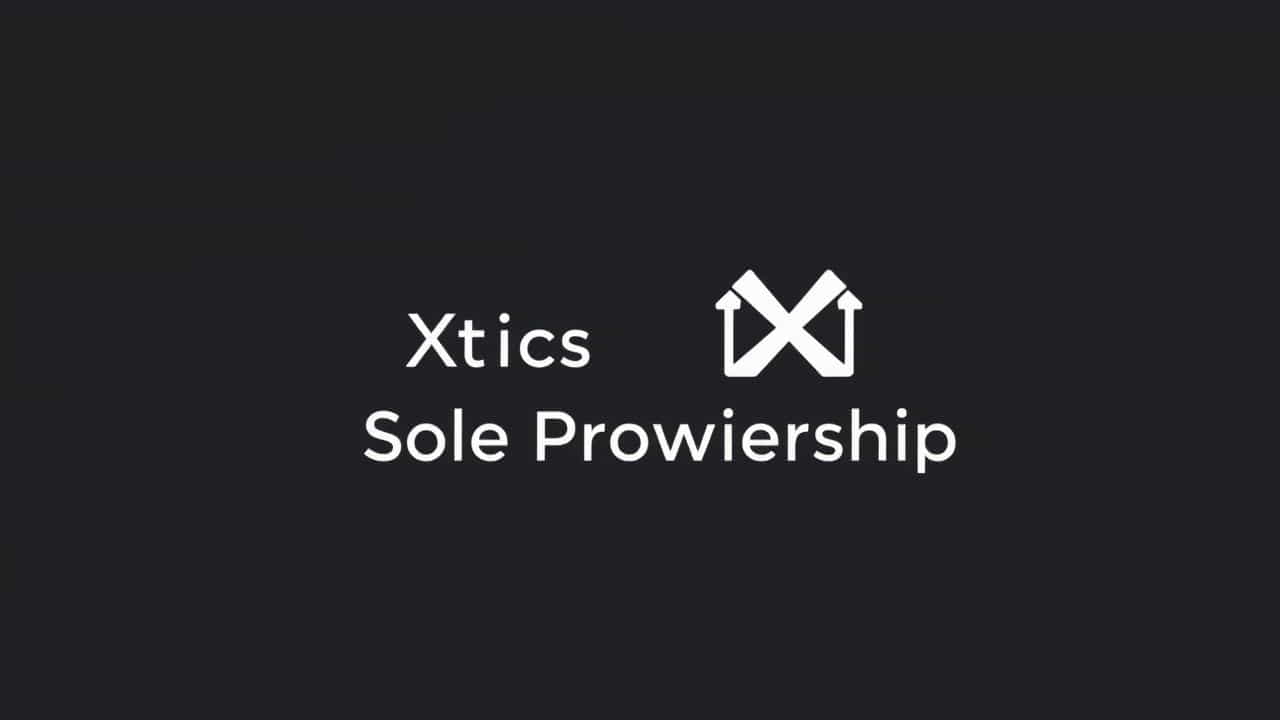A sole proprietorship is the simplest and most common form of business ownership. It is owned and managed by a single individual who is responsible for all aspects of the business. Many small businesses, freelancers, and entrepreneurs choose this structure due to its ease of setup, flexibility, and complete control.
This topic explores the key characteristics, advantages, disadvantages, and legal considerations of a sole proprietorship.
What Is a Sole Proprietorship?
A sole proprietorship is a business entity that is not legally separate from its owner. This means that the owner has full control over the business and is personally responsible for all debts and liabilities.
Common examples of sole proprietorships include:
-
Freelancers (writers, designers, consultants)
-
Small retail shops (grocery stores, boutiques)
-
Service providers (plumbers, electricians, personal trainers)
-
Home-based businesses (bakers, online sellers)
Characteristics of Sole Proprietorship
1. Single Ownership
A sole proprietorship is owned and run by one person, who makes all business decisions. There are no partners or shareholders.
2. Unlimited Liability
The owner is personally liable for all business debts. If the business incurs losses, the owner’s personal assets (like a house or car) may be used to pay off debts.
3. Easy Formation and Low Cost
Setting up a sole proprietorship is simple and inexpensive. In many cases, it only requires a business license or registration with local authorities.
4. Direct Control
The owner has complete authority over business operations, decision-making, and financial management. There is no need to consult partners or a board of directors.
5. Profit and Loss Belong to the Owner
The owner keeps all profits but also bears all losses. There is no separation between personal and business income.
6. Minimal Government Regulations
Compared to corporations or partnerships, sole proprietorships face fewer legal formalities and tax requirements.
7. No Separate Legal Identity
A sole proprietorship is not considered a separate legal entity. The business and the owner are legally the same.
8. Limited Growth Potential
Since funding comes mostly from personal savings or small loans, growth opportunities may be restricted compared to corporations.
Advantages of Sole Proprietorship
1. Full Control and Decision-Making
The owner has the freedom to run the business as they see fit, without interference from partners or shareholders.
2. Easy and Affordable Setup
There is no complex paperwork or high registration fees required to start a sole proprietorship.
3. Less Tax Burden
Sole proprietorships are taxed as personal income, which can be lower than corporate tax rates.
4. Direct Access to Profits
All profits go directly to the owner, unlike corporations where earnings are shared among shareholders.
5. Flexibility in Business Operations
Sole proprietors can adapt quickly to market changes without corporate bureaucracy.
Disadvantages of Sole Proprietorship
1. Unlimited Personal Liability
The owner is personally responsible for business debts, lawsuits, and financial risks.
2. Difficulty Raising Capital
Banks and investors often prefer businesses with multiple owners, making it harder to secure large loans.
3. Limited Expertise
A sole proprietor may not have the diverse skills needed for all aspects of the business, such as marketing, finance, and operations.
4. Business Ends with the Owner
If the owner retires or passes away, the business usually dissolves unless transferred to a successor.
5. Heavy Workload
The owner handles all responsibilities, which can lead to stress and burnout.
Legal and Tax Considerations
1. Business Registration
Depending on the location, a sole proprietor may need to register the business name and obtain the necessary permits.
2. Tax Obligations
Sole proprietors report business income on their personal tax return. They may also be responsible for self-employment taxes.
3. Business Insurance
Since liability is unlimited, getting business insurance can help protect personal assets from potential risks.
Is Sole Proprietorship Right for You?
A sole proprietorship is ideal for individuals who:
✔ Want full control over their business
✔ Prefer low startup costs and minimal regulations
✔ Are comfortable taking personal financial responsibility
✔ Do not need large investments or external funding
Sole proprietorships are a popular choice for entrepreneurs due to their simplicity and flexibility. However, they come with risks, particularly unlimited liability and limited financial resources. Before starting a sole proprietorship, it’s important to consider legal, financial, and operational factors to ensure long-term success.
